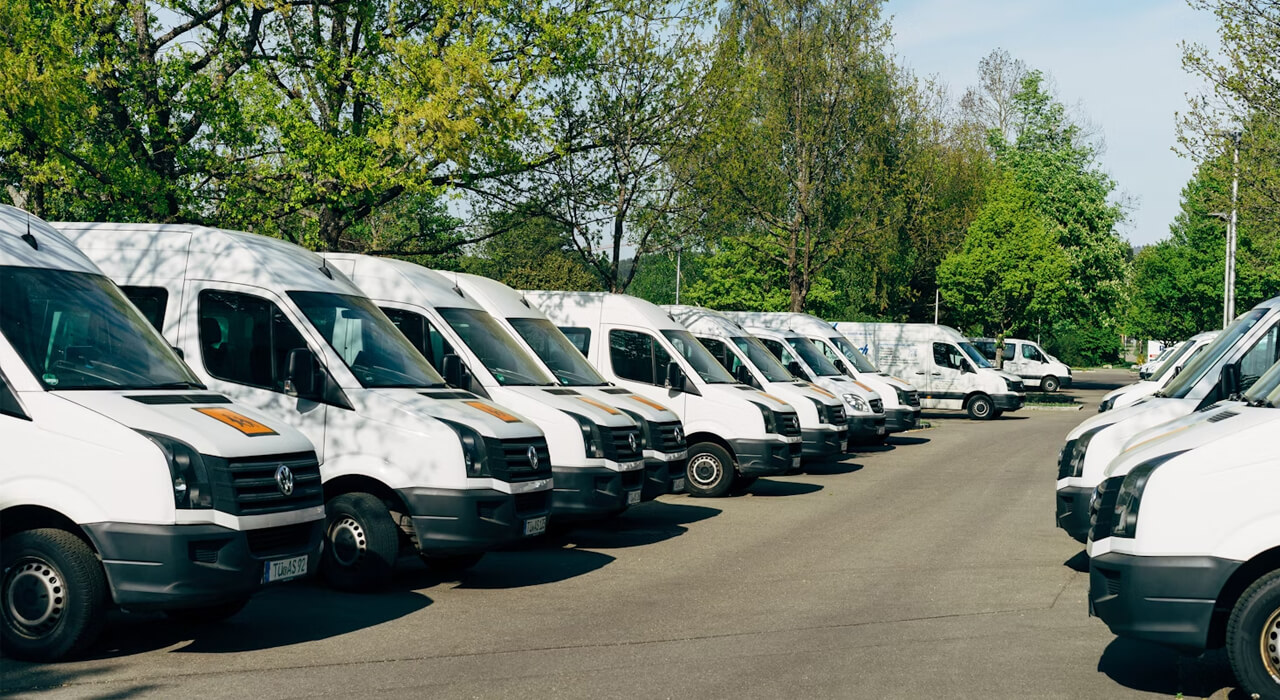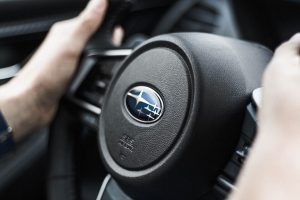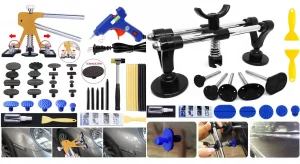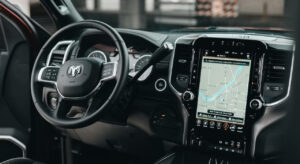In the dynamic and competitive world of fleet management, ensuring that your company vehicles are equipped with the right tools and technology is crucial for maximum efficiency. It is also essential to have a proactive approach when it comes to safety and effective communication abilities.
Fleet vehicles, whether they’re used for logistics, transportation, or field services, require certain essential items to function optimally in today’s fast-paced environment. Having a vehicle cell phone booster, for example, should be viewed as an essential rather than an optional accessory, as it ensures that anyone using the vehicle has the ability to stay in touch most of the time.
Here are seven indispensable items that should be in every fleet vehicle.
GPS Navigation System
A GPS navigation system is fundamental and an absolute must-have in any fleet vehicle. Modern systems do so much more than just provide directions, they offer real-time traffic updates, suggest alternative routes, and can even integrate with fleet management software to optimize travel times and reduce fuel consumption.
This technology is invaluable for ensuring timely deliveries and efficient route planning, especially in unfamiliar areas or dynamic urban environments. When you consider how much time and money could be lost with inefficient routing and delays, it is clear that having good GPS navigation is non-negotiable.
Suggestion: When Do 2025 Cars Come Out? – Upcoming Cars Going On Sale
Vehicle Cell Phone Booster
In an era where constant communication is key, a vehicle cell phone booster should be considered a priority and essential accessory for every one of your fleet vehicles.
This device amplifies cell phone signal strength, ensuring that drivers maintain strong and consistent cellular connectivity even in remote or low-signal areas. This is particularly crucial for maintaining communication with the fleet base, emergency services, and clients, especially in critical situations where regular cell coverage is unreliable.
It is not hard to envisage a scenario where you are unable to confirm vital information or satisfy customer demands because of poor reception preventing you from making calls or being contactable. Having a cell phone booster virtually eliminates that potential blackout situation.
First Aid Kit
Safety should always be a top priority, and a well-stocked first aid kit is a necessity in any fleet vehicle.
A standard kit should include items like bandages, antiseptic wipes, pain relievers, gauze, and scissors. Depending on the region and nature of the work, it may also be wise to include items like burn cream, eye wash solution, and a thermal blanket.
Regular checks should be conducted to ensure that the kit is complete and that no items have expired.It also makes sense to keep up to date with health and safety regulations and provide a level of training that allows drivers to use their first aid kit effectively when required.
Dash Cam
Dash cams have become increasingly important in fleet vehicles for a variety of reasons. They provide valuable footage in the event of accidents, helping to determine fault and potentially protect the company from fraudulent claims.
Also Check: 9 Most Affordable V6 Twin Turbo Cars To Buy In 2024
In addition, dash cams can be used as a training tool, allowing fleet managers to review and improve driving practices. Some advanced models even offer real-time streaming, which can be crucial for monitoring and ensuring driver safety.
Having a dash cam in every fleet vehicle ticks a lot of boxes. It helps monitor driver performance and it also provides valuable evidence in the event of an accident claim.
Emergency Roadside Kit
A breakdown or a roadside emergency is always a possibility, no matter how well-maintained a fleet vehicle is.
An emergency roadside kit should include items like a flashlight, jumper cables, tire pressure gauge, spare tire, basic tools, and reflective warning triangles.
This kit not only helps the driver in managing and performing minor roadside repairs but also ensures their safety while waiting for additional help.
When your roadside kit is comprehensive enough, it reduces the prospect of unnecessary delays and expenses incurred when seeking recovery and breakdown help.
Electronic Logging Device (ELD)
For obvious reasons, compliance with legal requirements is non-negotiable, and for commercial vehicles, this means having an Electronic Logging Device.
ELDs are used to automatically record driving time and hours of service, ensuring compliance with regulations like the Hours of Service (HOS) rules.
Some key features of ELDs include the ability for the driver to log in and select whether they are off or on duty. It also provides a useful display that provides a record of their activities in a format that is easy to read and understand. This allows them to see exactly how many hours they have done and when they need to take a break.
These devices and features help prevent driver fatigue and maintain safe driving practices. As well as meeting legal compliance requirements, ELDs can often be crucial for the well-being of the driver and the public as they provide essential alerts.
Fire Extinguisher
Last but certainly not least, a fire extinguisher suitable for automotive use should be seen as a critical safety tool.
Vehicle fires can occur due to accidents or mechanical failures, and having a fire extinguisher can be the difference between a minor incident and a catastrophic one.
It’s essential to have the right type of extinguisher (typically a dry powder extinguisher) and to ensure that drivers are trained in its use.
Equipping your fleet vehicles with these seven essential items can significantly enhance the safety, efficiency, and reliability of your operations.
From ensuring constant communication with the help of a vehicle cell phone booster to maintaining safety with a first aid kit and fire extinguisher, each item plays a vital role. Not only do these essentials prepare the vehicle and driver for a range of scenarios, but they also contribute to the overall professionalism and reputation of the fleet.
Regular audits of these items are just as important as having them, ensuring they are always in good working condition and ready when needed.
By investing in these tools, fleet managers can safeguard their drivers, vehicles, and the company’s bottom line. If you want to stay one step ahead of the competition and enhance your safety and working environment it makes sense to ensure these items are a default option.






